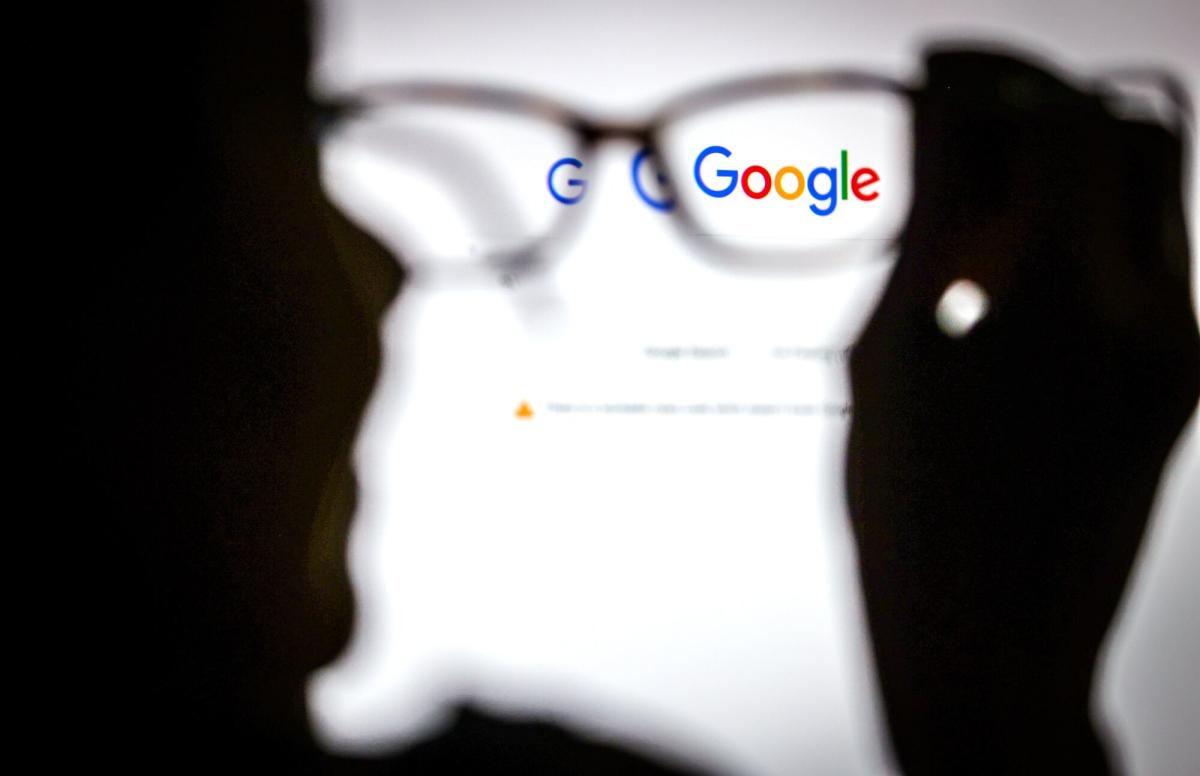Google Will Stop Telling Law Enforcement Which Users Were Near a Crime::(Bloomberg) – Alphabet Inc.’s Google is changing its Maps tool so that the company no longer has access to users’ individual location histories, cutting off its ability to respond to law enforcement warrants that ask for data on everyone who was in the vicinity of a crime.Most Read from BloombergNetanyahu, Under Pressure Over Hostage Deaths, Vows to Press OnMike Johnson May Be the Next House Speaker to Lose His Job‘Underwater’ Car Loans Signal US Consumers Slammed by High RatesUS Navy Shoots Do



There must have been an operational bottleneck with handling the LEOs requests that they decided to prevent the data requested from even existing in order to not be able to reply to such requests. Surely this came down to business and not alturism.
I doubt operational bottlenecks were the issue, more likely the rising volume of requests made Google reassess the policy.
LEOs already press the boundaries of the permissible, and as much as I hate giving props to the big G, good on Google for taking the initiative.
Cops only investigate people they think are guilty, and despite being objectively terrible at their jobs, they have ridiculous amounts of self confidence.
So to them, if they suspect someone of a crime, they can “bend” any rules for stuff like this because “the suspect is clearly guilty anyways, we just don’t have proof”.
Wouldn’t the inability to process the volume of request from LEOs be an apt example of an operational bottleneck?
The article didn’t state that Google had problems responding to LE requests.
Also, Google can have as much capacity as God, whenever they decide to put their will to something.
They also consume data like mortals consume chips, and one bar chart would be all it took for them to address a potential bottleneck, and rising liability, by finally eliminating it.
These are not necessarily mutually exclusive ideals.
From time to time businesses will do things that actually benefit their customers in order to keep their business.
Or self preservation.